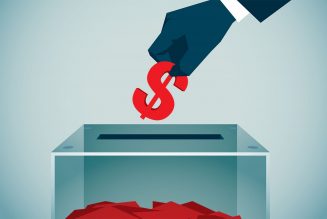
The study will be firepower for rights holders and trade groups seeking assistance from Congress. It “charts a course for state and federal policymakers to leverage music’s ability to produce strong economic growth and high-paying domestic jobs,” said Josh Friedlander, senior vp research and economics at the RIAA. After the Music Modernization Act’s passage in 2018, no additional copyright legislation should be expected any time soon, but the RIAA always presses issues, such as the lack of a performance right at broadcast radio, and conducts regular Congressional outreach through Grammys on the Hill events.
Despite the eye-grabbing numbers that reveal music’s wide-reaching impact, the pandemic’s damage to entertainment industries looms over the report. That was inevitable given the lag time in receiving the latest data from Census Bureau, Bureau of Economic Analysis, and private-sector datasets. Not that the report has lost value. The RIAA called the report “an important pre-COVID benchmark” for tracking a return to normalcy. That’s true, but the state of the music business in 2018 is far different from 2020 or 2021 when every aspect of music has been affected — with some, such as touring, impacted far more than others.
Read the full report here.









